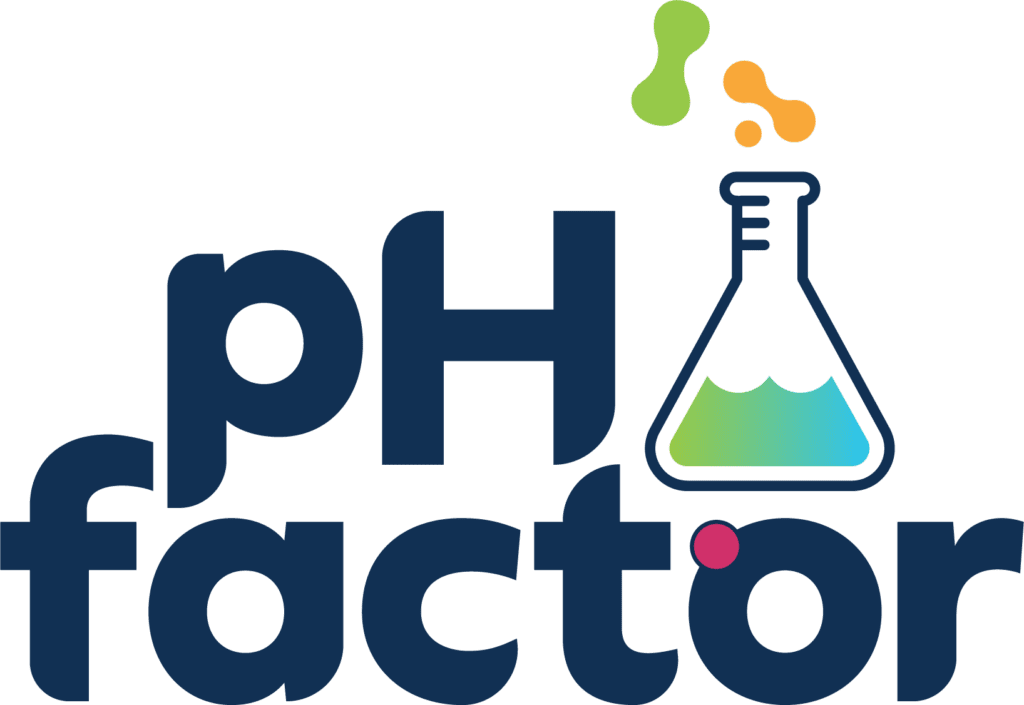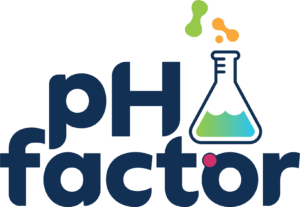Are we entering a new era of cosmetic regulation?
Certain acts and regulations related to cosmetics can vary by country or region. These regulations often focus on ensuring the safety, labelling, and advertising standards of cosmetic products.
In the US, recent developments in MoCRA (Modernizing Cosmetics Regulation Act) have come to light. What you may not know is exactly what the legislation means for your company in terms of necessary adjustments in operations and strategy.
There’s plenty to learn about MoCRA and its implications for your organisation – including new records to be created and maintained; testing that must be conducted; and some exemptions that may or may not be applicable given your circumstances.
In December 2022, The Congress approved MoCRA, giving FDA authority to create more strict regulations for cosmetics.
1. The mandatory cosmetics registration for MoCRA
Effective on 29/12/2023, the new MoCRA requires companies to register their manufacturing facility with the FDA and the Responsible Person to list (register) each cosmetic product sold in the American market. Also, all foreign companies must appoint during registration an US Agent, that will work as a communication link between the FDA and the company overseas.
2. Safety substantiation
After December 2023, it will be necessary to ensure and maintain records supporting that there is adequate substantiation of safety of such products. These records can include tests, studies, research, or other information, as the cumulative or other relevant exposure to the product, that may be considered by a specialist as sufficient to support a reasonable certainty that the cosmetic is safe.
3. Cosmetics labelling requirements for MoCRA
Modernisation of Cosmetic Regulation Act (MoCRA) asks for the label of the products to contain a domestic (American) address, domestic telephone number or electronic contact (email or website) thought which the cosmetic company can receive adverse event reports. Also, professional cosmetic products must meet the same labelling requirements as regular cosmetics and must state that they are for professional use. Finally, MoCRA mandate that each fragrance allergen in a product should be displayed on the label, although FDA will define in the future what is the list of allergens. These label requirements will be enforced only after December 2024.
4. Adverse event reporting and record keeping for MoCRA
Regarding Adverse Event Reporting, MoCRA asks companies to maintain records of any Health-related Adverse Event associated with the use of the cosmetic products sold in the USA for six years. Small business, only need to maintain it for three years. In the case of any Serious Adverse Event, the Responsible Person should present to the FDA a report and they must update the Agency regarding any new medical information during one year after the initial report.
Also, FDA can require adverse event records during an inspection and the company must provide the information within 30 days. Also, FDA gained the possibility of suspending the facility’s registration to prevent it from operating, based on reasonable probability of causing serious adverse health consequences or death. Besides that, FDA will be able to mandate recalls based on the same principle.
Furthermore, MoCRA asks the FDA to propose a Cosmetic Good Manufacturing Practices (GMP) rule before December 2024. It also asks the FDA to issue a regulation for detection of asbestos in talc-containing cosmetics. Concerning animal welfare, the law is trying to reduce or to banish animal testing for safety of cosmetics.
What Businesses Are Subject to the New MoCRA Requirements?
MoCRA and the new requirements it introduces apply to U.S.-based manufacturers, packers, importers and distributors of finished cosmetic products. It also applies to international businesses that market their cosmetic products in the U.S.
There are some exemptions for small businesses with less than $1 million average annual turnover for the previous 3 years. The requirements for facility registration, product listing and Good Manufacturing Practices (GMPs) are waived for these organizations, unless they deal in:
- Products that are intended to come into contact with the mucus membrane of the eye
- Products that are injected
- Products that are intended for internal use only
- Products that alter appearance for more than 24 hours and are not normally manually removed
Here is a great flowchart to understand:

